2023 Archives
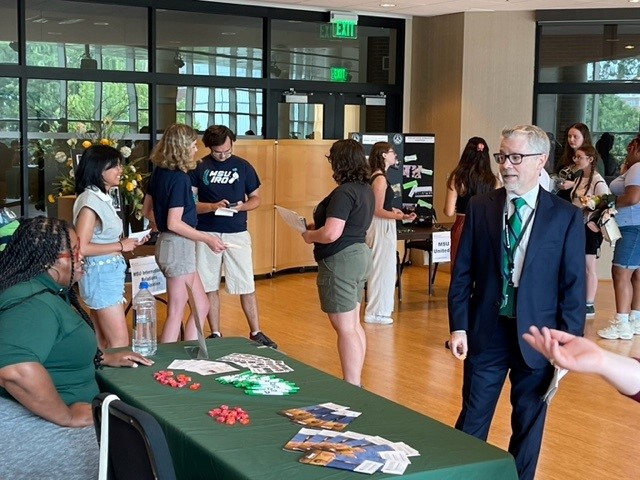
College of Social Science welcomes the Class of 2027 at the annual College Colloquium
August 27, 2023 - Patti McDonald
The College of Social Science at Michigan State University welcomed their 2027 class on August 25 with an annual colloquium held at the Wharton Center where hundreds of first-year students attended.
New images use AI to provide more detail on Maui fires
August 27, 2023 - Kim Ward
Michigan State University researchers have produced new detailed maps of the devastating fires in Maui, which can be used to help work out where and when the fires occurred to guide where postfire remediation activities should be prioritized and to assess future fire risk. The researchers created the maps using high-resolution commercial satellite images from Planet Labs PBC, an American public Earth imaging company based in San Francisco, California.
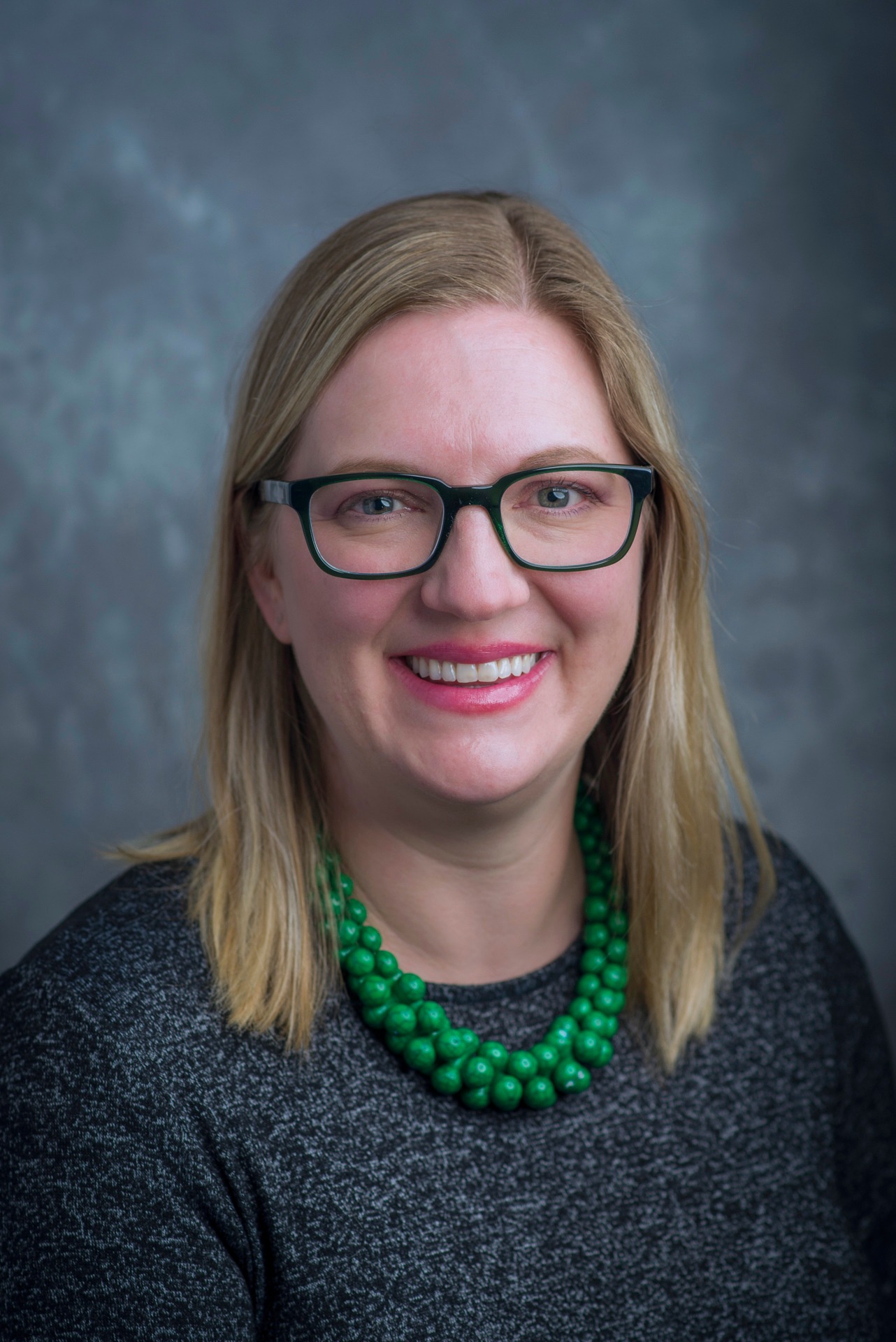
MSU HDFS Dr. Sarah Douglas leads team for new U.S. Department of Education grant
August 24, 2023 - Katie Frey
Dr. Sarah Douglas, MSU Human Development and Family Studies associate professor, is principal investigator for a new grant from the U.S. Department of Education to evaluate Family Telepractice Augmentative and Alternative Communication Modeling (FamTAM) Intervention, a program designed to support professionals and family members of children who use augmentative and alternative communication systems. These systems, often paper-based with symbols or images but sometimes phone or tablet apps, allow children to select symbols to communicate.

New research: Political attitudes did not change during COVID-19 pandemic
August 16, 2023 - Shelly DeJong
There is a traditional understanding that if someone experiences a threatening event, their attitudes and beliefs will change. Some scholars predict that a threat will cause someone to become more conservative on a variety of issues or that they will become more extreme in their attitudes. However, a new study from researchers at Michigan State University and Tilburg University found that Americans’ political attitudes did not change significantly during the onset of the COVID-19 pandemic, contrary to what many expected.
MSU scientists find plants' ability to fight climate change is weakening
August 15, 2023 - Diane Huhn
New research indicating that plants' ability to absorb carbon dioxide (CO2) may have stalled, just published in the journal Science by climate experts at Michigan State University, suggests that perhaps we shouldn't put all our climate mitigation hopes in too many plant-based strategies either, at least for the time being.
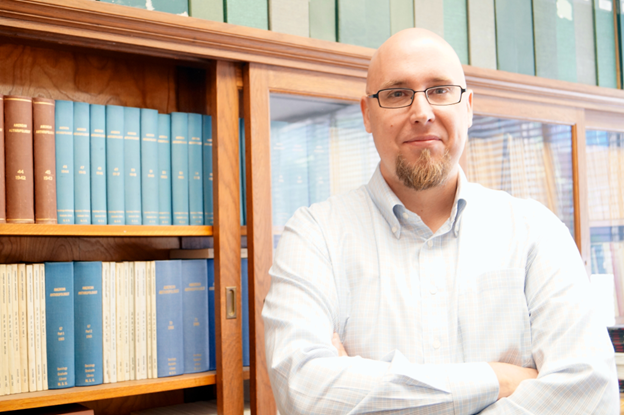
MSU Museum welcomes Dr. Ethan Watrall as Curator of Archaeology
August 14, 2023
Anthropology associate professor Dr. Ethan Watrall has been named the Curator of Archaeology for the MSU Museum.
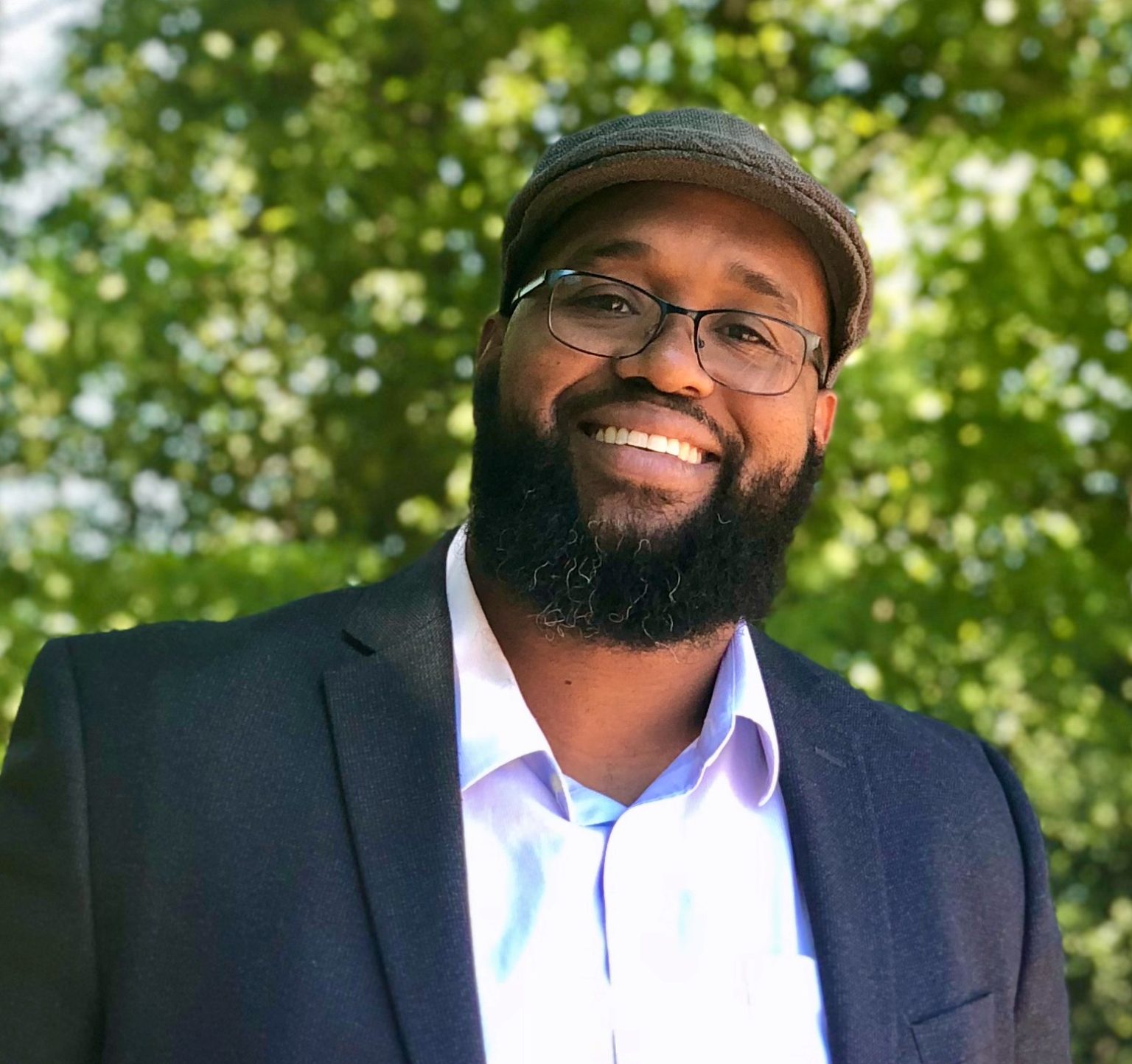
Professor of History Dr. Glenn Chambers recommended as interim dean of Residential College in the Arts and Humanities
August 14, 2023 - Patti McDonald
Professor of History Dr. Glenn Chambers was recently recommended to serve as the interim dean of Michigan State University’s Residential College in the Arts and Humanities (RCAH). Dr. Chambers has been serving as interim dean designee since August 7, and will serve in that role until the Board of Trustees meeting is held on September 8, where his recommendation will be considered. He currently serves as associate dean in MSU’s Honors College and is a member of the Honors College’s Diversity, Equity, and Inclusion Leadership Team.
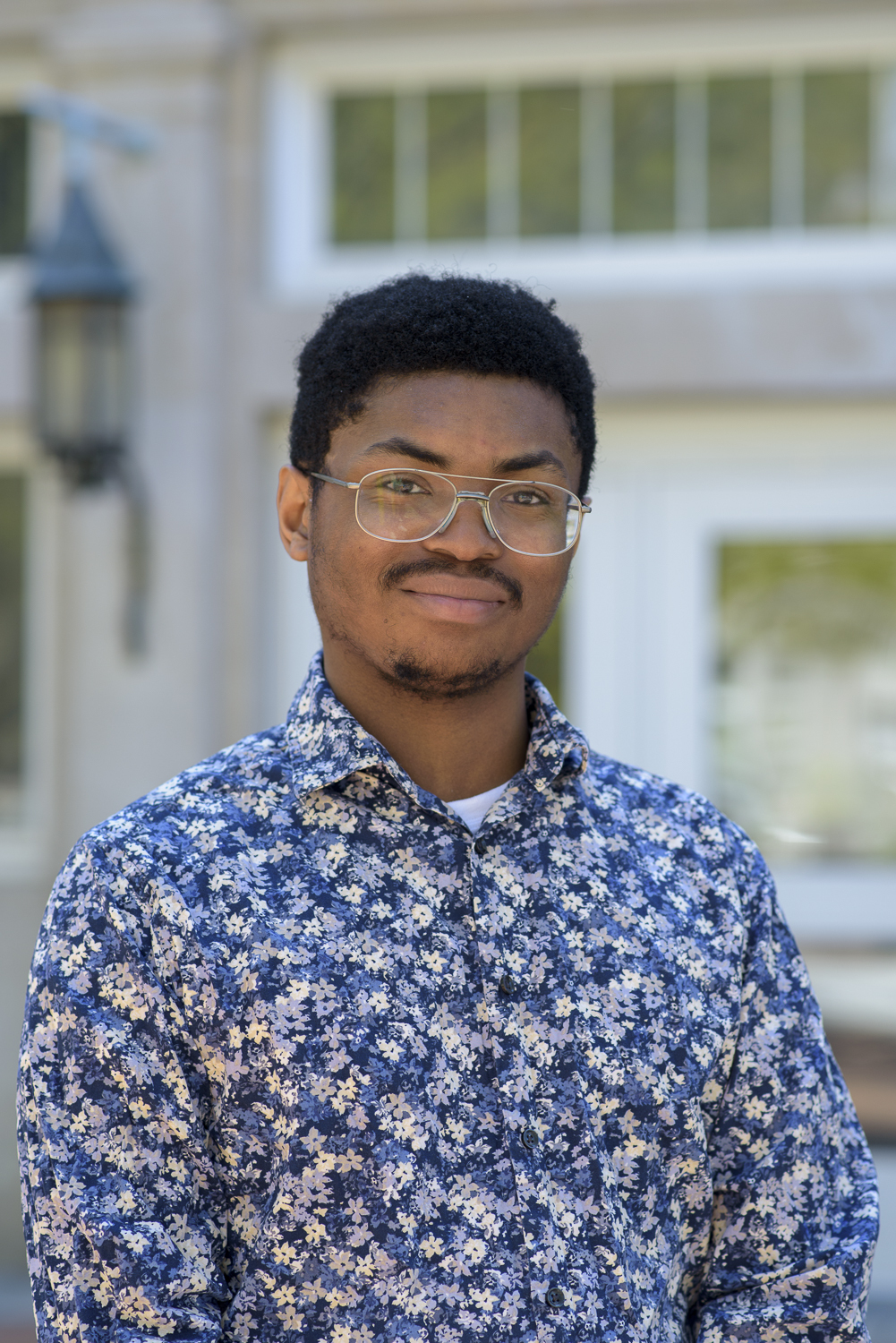
Psychology and History student Justin Crouch is the inaugural recipient of the Henderson Family Award
August 8, 2023 - Patti McDonald
The endowed award is given annually and is open to sophomores, juniors, and seniors from all majors within Michigan State University’s College of Social Science. It includes $2,000 plus up to $10,000 in expenses if the research requires travel to a destination (archive, library, historical site, etc.) The endowed scholarship was established in 2022 by Harold and Franzine Henderson. Harold Henderson is a 1972 graduate of Michigan State University’s College of Social Science.
MSU receives partnership grant to support women in STEM
August 7, 2023 - Edwin Serrano
Michigan State University has been awarded a partnership grant from the National Science Foundation’s ADVANCE program that will work to build equitable and inclusive work cultures for women in STEM by focusing on both women from racial minority groups and gender expansive/nonbinary faculty who are at higher risk of leaving academic STEM departments.

New study: Political animosity is global
August 2, 2023 - Shelly DeJong
A new study by an interdisciplinary team of researchers across six different countries found that affective polarization, or the tendency to dislike people who belong to opposing political parties while favoring people from their own political party, is a global bias — not just an American one.

Flint Study Away Internship Spotlight- Angie Kim
August 1, 2023 - Patti McDonald
Former Interdisciplinary Studies student Angie Kim spent her summer interning with the Flint Disablity Network.
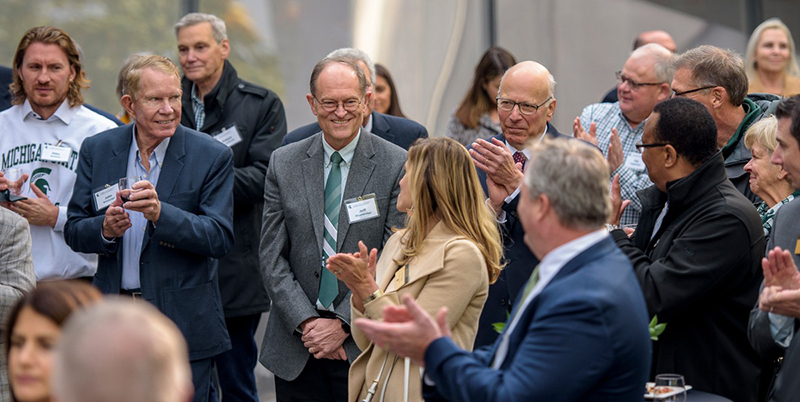
MSU Economics Professor Jeffrey Wooldridge holds the inaugural Walter Adams Distinguished Faculty Fellow
July 26, 2023 - Katie Frey
The Michigan State University Department of Economics announced Dr. Jeffrey Wooldridge as the Walter Adams Distinguished Faculty Fellow. Endowed positions allow faculty to pursue their research interests and refine their teaching skills.
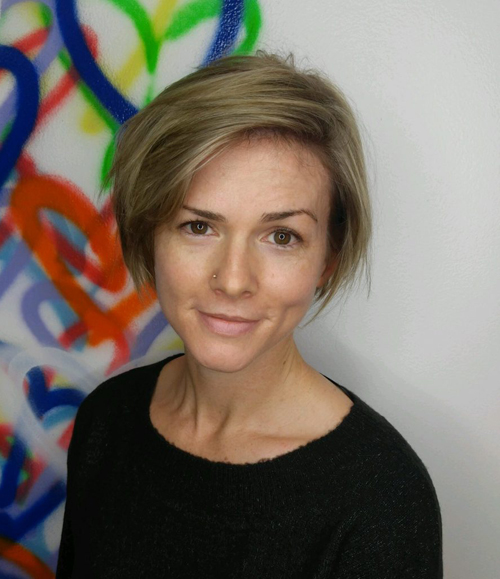
Dr. Gibbs Named Interim Associate Dean for Graduate Studies
July 26, 2023 - JJ Thomas
Dr. Carole Gibbs, Associate Professor of Criminal Justice, has been named the College of Social Science Interim Associate Dean for Graduate Studies.
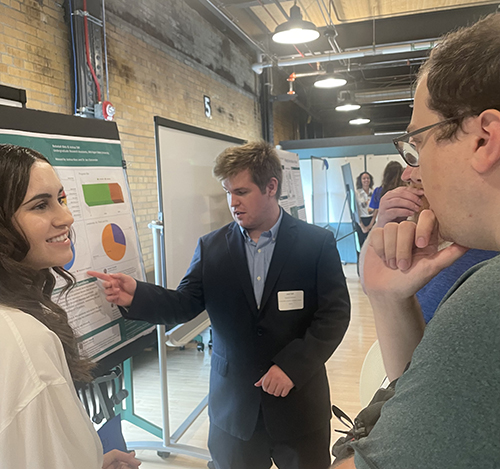
Social Science Students shine at this year's Mid-sure Symposium
July 26, 2023 - Patti McDonald
Every year, The Mid-Michigan Symposium for Undergraduate Research Experiences (Mid-Sure) gives undergraduate students the opportunity to showcase their research to the public.
Dr. Dorothy Carter receives Early Career Award from the Interdisciplinary Network for Group Research
July 25, 2023 - Shelly DeJong
Congratulations to Dr. Dorothy Carter, an associate professor of organizational psychology at Michigan State University, who received an Early Career Award from the Interdisciplinary Network for Group Research (INGRoup). This award goes to an early career researcher within 7 years of earning their PhD whose work to date has made distinguished contributions and demonstrated a clear commitment to advancing the interdisciplinary science of team behavior, dynamics, and outcomes.

Gov. Whitmer taps MSU’s Fisher for Growing Michigan Together Council
July 19, 2023 - Jack Harrison
Gov. Gretchen Whitmer appointed Ronald Fisher, professor of economics at Michigan State University, to the bipartisan Growing Michigan Together Council, which is tasked with developing a strategy for growing Michigan’s population through investment in people, places and education.
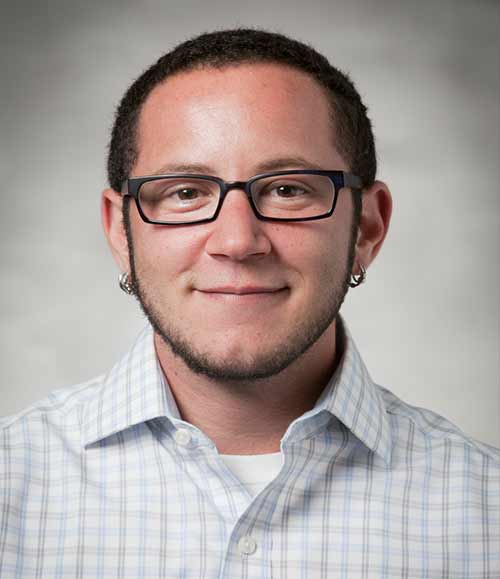
MSU Lyman Briggs/Sociology associate professor receives prestigious National Science Foundation award for their work in the social and historical aspects of reproductive health.
July 12, 2023 - Karessa Weir
Associate Professor stef shuster has received a CAREER grant from the US National Science Foundation, the most prestigious award offered for early-career researchers.
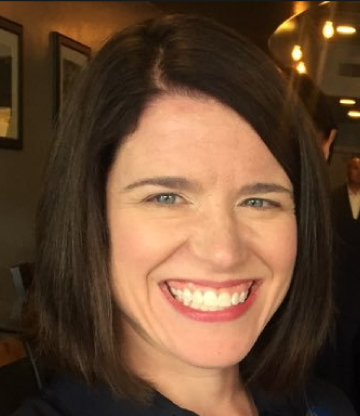
Dr. Emily Durbin named the Associate Dean for Undergraduate Studies for the College of Social Science
July 11, 2023
Dean Brent Donnellan announced that psychology professor Dr. Emily Durbin has been named the Associate Dean for Undergraduate Studies for the College of Social Science.
Youth Equity Project researchers continue working to reduce youth disparities in Lansing
July 5, 2023 - Emily Jodway
Researchers affiliated with the College of Social Science’s Youth Equity Project are entering the second phase of their investigation into youth violence in Lansing and the surrounding neighborhoods. The project, titled Rational Choice in the Real World: Unpacking Neighborhood Influences on the Decision Process for Youth Violence, will build upon initial research done in 2021 by taking a deeper dive into how the neighborhood context shapes youth decision making regarding violence.
Matrix researchers receive National Endowment for the Humanities grant to support photography archive project
June 26, 2023 - Emily Jodway
Researchers from Matrix: The Center for Digital Humanities & Social Sciences at Michigan State were recently awarded funding from the National Endowment for the Humanities for a new archival project centered around preserving the photographic history of late-twentieth century Ghana.
Two Social Science faculty members named University Distinguished Professors
June 25, 2023
Criminal Justice faculty Dr. Merry Morash and Psychology faculty Dr. Rebecca Campbell were among 10 MSU faculty members to be named Michigan State University Distinguished Professors. The designation is one of the highest honors at the institution reserved only for faculty who have been recognized nationally and internationally for their exceptional teaching, outstanding record of public service, and scholarly and creative achievements.
Present-day experiences may change our childhood memories
June 19, 2023 - Shelly DeJong
A new study from Michigan State University sheds light on how memories of childhood caregivers continue to change among middle-aged and older adults. The study, published in the journal Personal Relationships, assessed over 2,500 middle-aged and older adults on their memories of their childhood, specifically how their parents treated them while growing up. The study found that 35% to 46.2% of people’s impressions changed when they were asked the same questions four years later. Furthermore, some of these changes were linked to present-day experiences, with those who experienced divorce remembering their childhood as more negative, and those who lost a parent remembering their upbringing more positively.
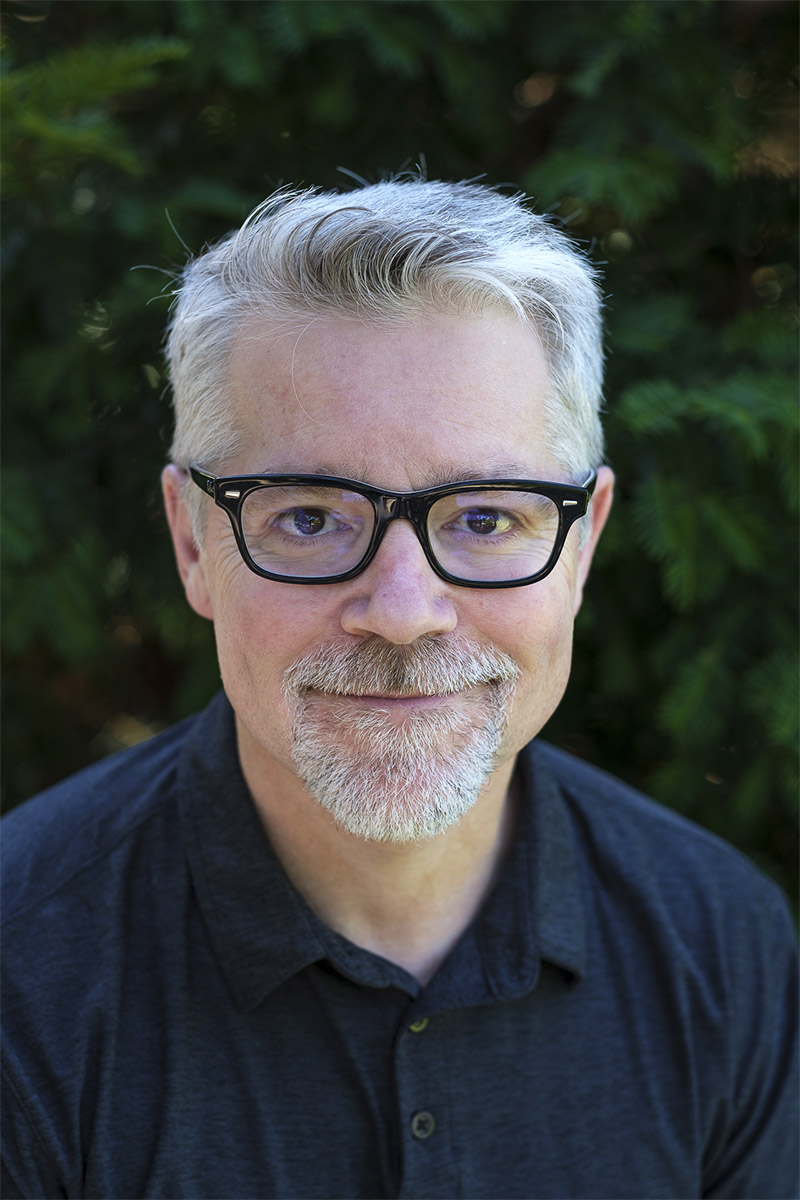
Brent Donnellan approved as dean of the College of Social Science
June 14, 2023 - Becky Jensen
Brent Donnellan has been approved to serve as the dean of Michigan State University’s College of Social Science.
Gender Affirmation Project: Breaking Down Barriers for Trans and Nonbinary Communities
May 31, 2023 - Shelly DeJong
Transgender (trans) and nonbinary individuals face numerous challenges in affirming their gender, including difficulty accessing legal name and gender marker changes. In response, Michigan State University's Trans-ilience lab has partnered with Allen Neighborhood Center, a Lansing community non-profit, to launch the Gender Affirmation Project. The program will offer logistical and financial support to trans and nonbinary people seeking legal gender affirmation through name and/or gender marker changes. Psychologist Dr. Jae Puckett is the director of the Trans-ilience lab, a professor of ecological-community psychology, and a member of the Consortium for Sexual and Gender Minority Health, a thematic research group of the College of Social Science.
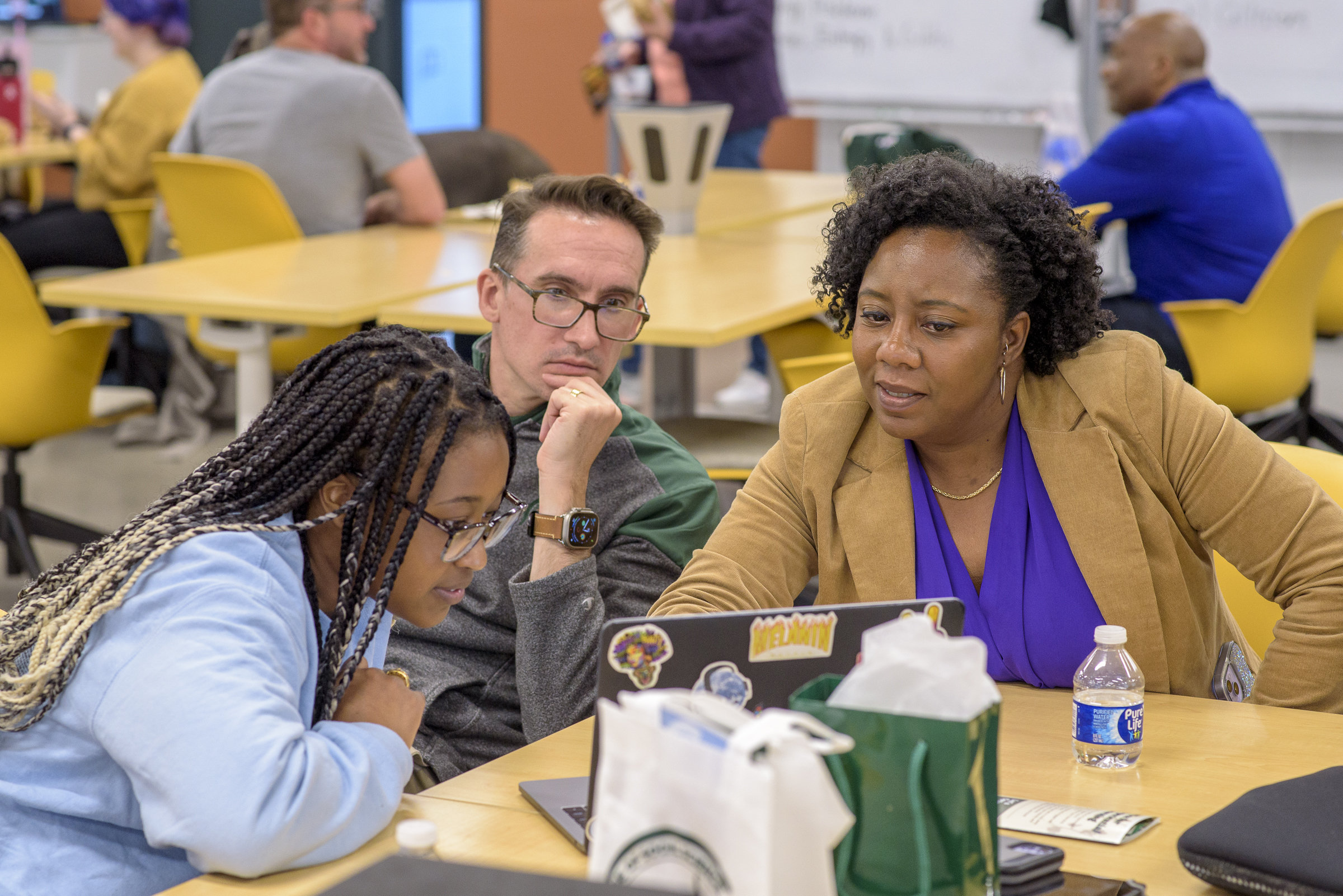
Providing community, opportunity for Spartan transfer students
May 29, 2023 - Mark Johnson
Transfer students make up about 10% of the undergraduate enrollment at Michigan State University, and they face unique challenges, from finances and studying, to a sense of belonging. MSU’s Transfer Student Success Center (TSSC) offers support to help those thousands of Spartans succeed, and this spring was no different. In collaboration with other campus partners, the TSSC offered several opportunities for transfer students to learn, grow and support their academic and personal goals.

Mental Health Awareness: Insights and Advice from Dr. Jason Moser
May 23, 2023 - Shelly DeJong
Dr. Jason Moser is a psychophysiologist at Michigan State University whose research spans various areas of psychology, including clinical, social, and cognitive. He has appointments in the Department of Psychology and Neuroscience Program. Recently, he received a courtesy appointment in the Kinesiology department, highlighting his interest in holistic, integrative research. His lab, the Clinical Psychophysiology Lab, explores the interaction between mind and body and seeks to understand the full human experience. For Mental Health Awareness Month, we sat down with Dr. Moser to discuss what steps people can take in their own life to address their mental health and why he believes in a holistic approach.
Team of MSU Researchers win prestigious award for article related to diversity, equity and inclusion transformative change
May 22, 2023 - Becky Jensen
A team of MSU Social Scientists were recently awarded The Neuner Award for Excellence in Professional Scholarly Publication for their collaborative work on a scholarly article. This is an award given to authors judged to have written the overall finest article in the Journal of Higher Education Management.
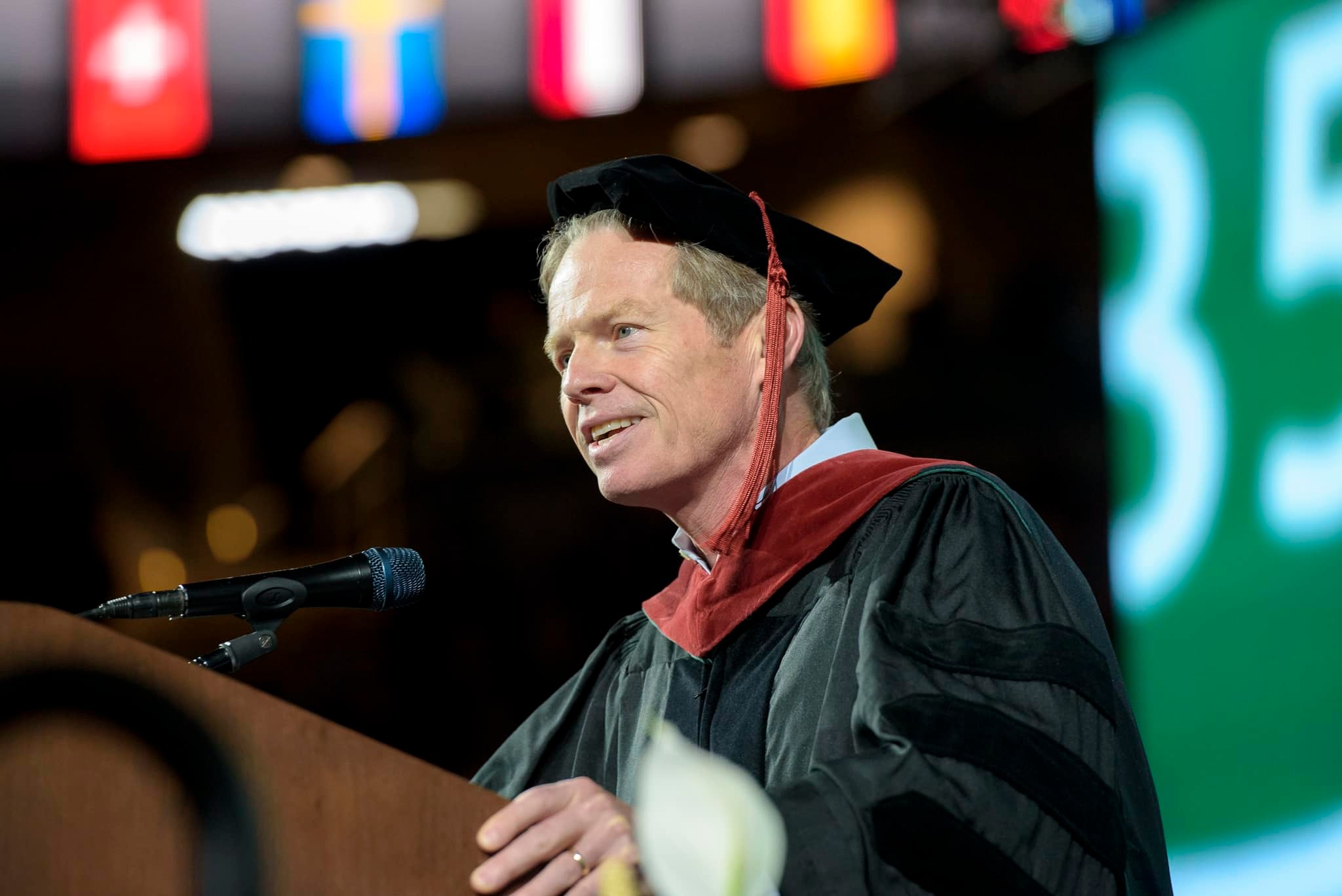
MSU Economics alumnus Dr. David Kelly speaks at MSU College of Social Science Commencement
May 22, 2023 - Katie Frey
MSU Economics alumnus Dr. David Kelly was the MSU College of Social Science spring 2023 commencement speaker on May 6, 2023. He graduated with his master’s degree in economics from MSU in 1986 and his doctorate in 1989.

Researchers utilize Tomlanovich-Dimond Fund to empower Somali Muslim women fighting against Amazon
May 21, 2023 - Emily Jodway
A pair of researchers from the School of Human Resources and Labor Relations were recently awarded $10,000 from the Women’s Leadership Tomlanovich-Dimond Research Equity Fund to be used toward their research on Somali women in Minnesota standing up for better worker’s rights at a local Amazon warehouse.
Ten myths (and facts) about eating disorders
May 11, 2023 - Megan Mikhail
May is Mental Health Awareness Month. Eating disorders are serious mental illnesses that often present alongside other mental health concerns like anxiety, depression, and psychological distress. To help raise awareness of eating disorders and mental health, we present ten myths (and facts) about eating disorders based on current research from MSU and other researchers around the world.
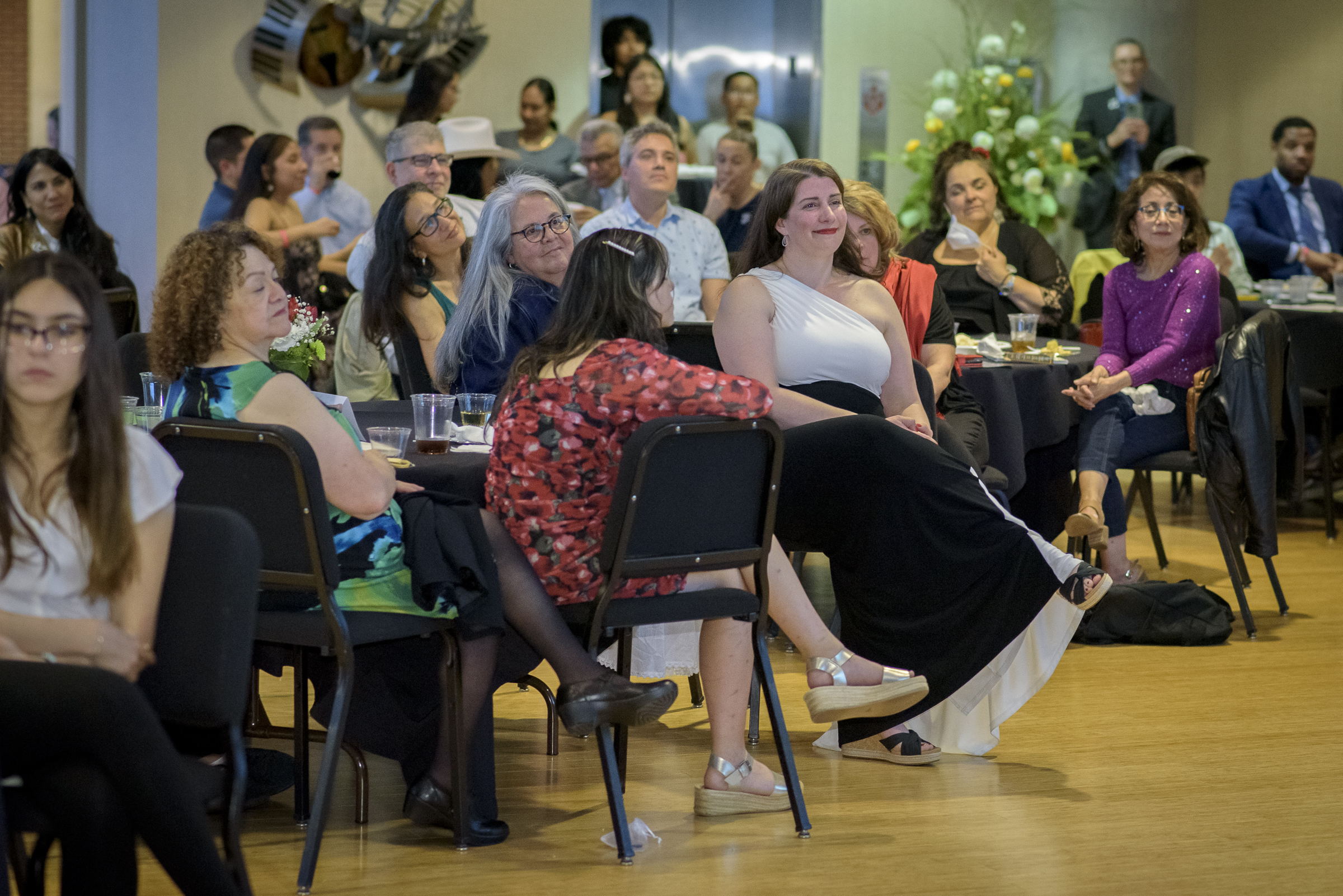
With pride for the past and hope for the future, Chicano/Latino Studies celebrates 25 years
May 10, 2023 - Karessa Weir
The Chicano/Latino Studies program at Michigan State University celebrated its 25th Anniversary with a gala Friday May 5, an event filled with speeches of gratitude for those who made the program possible, appreciation for the current leaders, and hope that the program’s future will continue to grow under the next generation of scholars and educators in CLS.
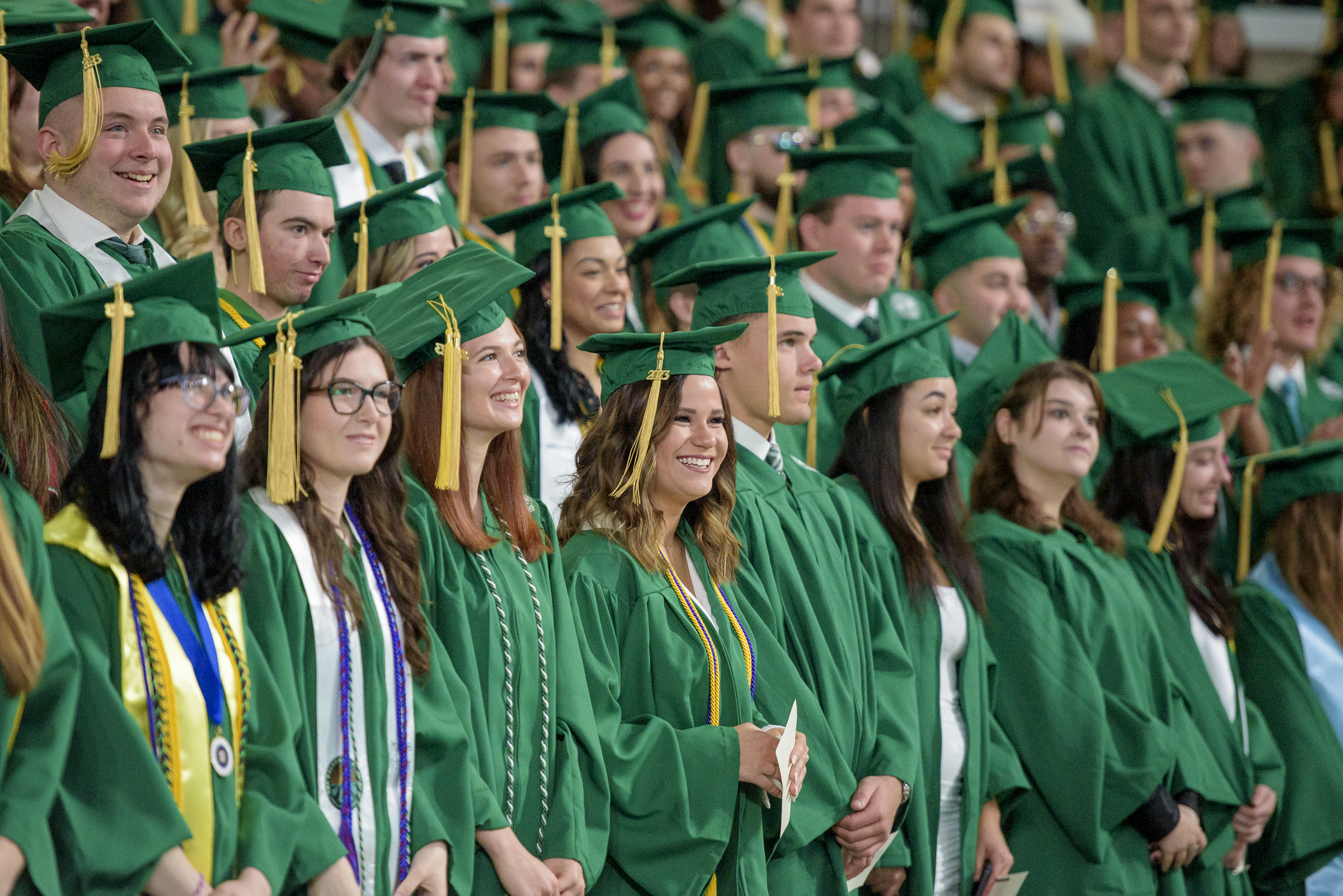
Social Science graduates celebrate memories and milestones at Spring Commencement
May 10, 2023 - Emily Jodway
The Michigan State University College of Social Science honored graduates in a Saturday morning commencement ceremony on May 6, capping off a year of many successes for the College and its students and faculty.
Five members of the College of Social Science win All-University Awards
May 10, 2023 - Emily Jodway, Katie Nicpon and Karessa Weir
Two faculty members from the Department of Political Science, two members from School of Planning and Urban Design and a staff member from Human Development and Family Studies have been honored with All-University Awards by Provost Thomas Jeitschko.
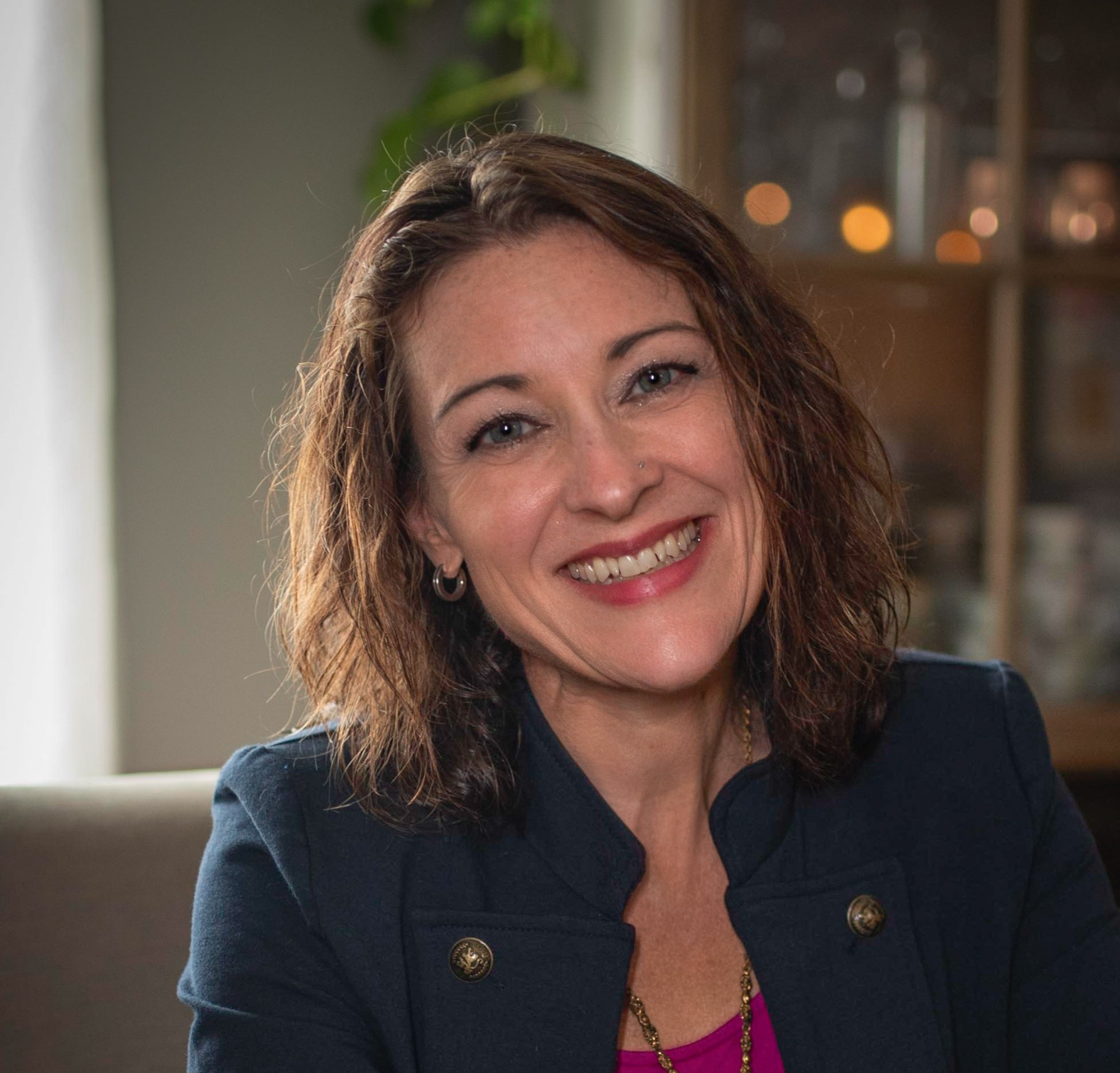
MSU HDFS team publishes on the importance of early childhood books for anti-racist and anti-bias education
May 9, 2023 - Katie Frey
The MSU Human Development and Family Studies CHILD Lab published their research that shows that infant and toddler books that celebrate diversity can interrupt early development of prejudice and bias.
Understanding the Impact of Stress on the Maternal Brain: A New Study Funded by the National Institute of Health
May 8, 2023 - Shelly DeJong
Dr. Joseph Lonstein, a behavioral neuroscientist in the MSU Department of Psychology, along with Drs. Galit Pelled, a neuroscientist in MSU Biomedical Engineering and Radiology, and Fredric Manfredsson at the Barrow Neurological Institute in Phoenix have received a $425,000 grant from the National Institutes of Child Health and Human Development, a subdivision of the National Institute of Health. This two-year grant will fund their project, Neural Basis of Stress-Derailed Motherhood, which aims to examine how stress affects a mother’s brain and behavior in a laboratory rat model.
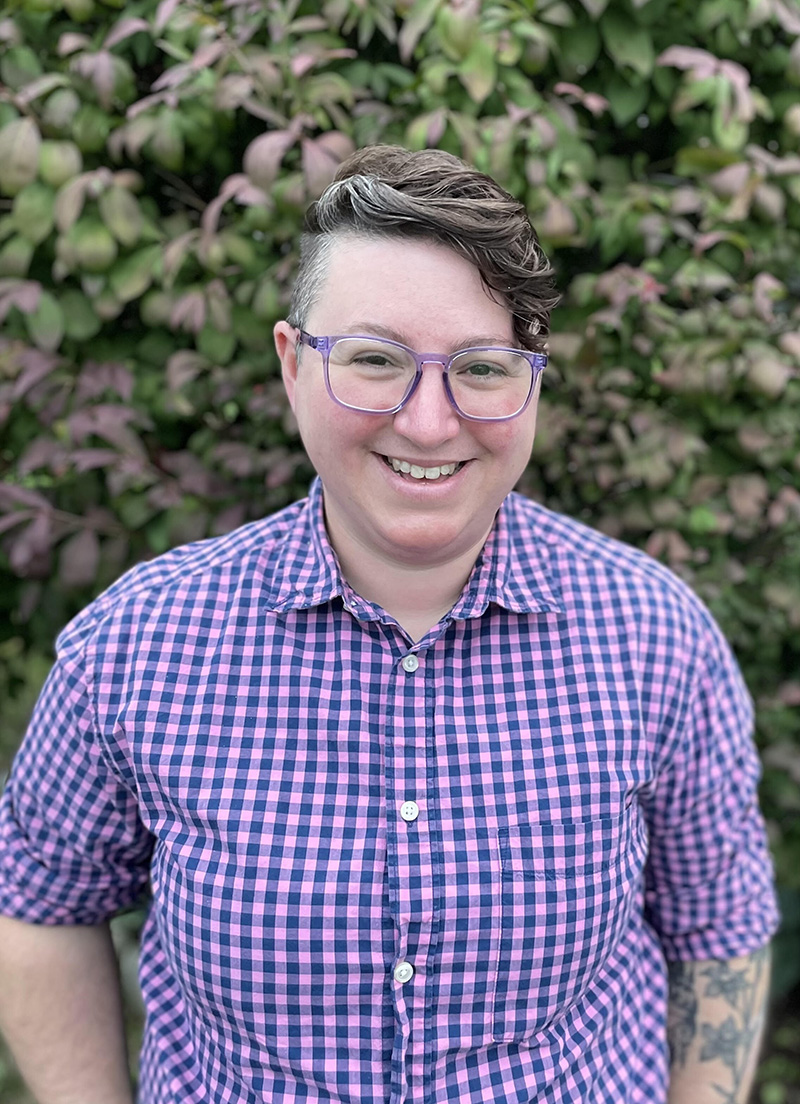
2023 Faculty Research Award from the Consortium for Sexual and Gender Minority Health Awarded to Dr. Jae Puckett
May 2, 2023 - Shelly DeJong
Dr. Jae Puckett, an ecological-community psychology faculty member at MSU, was awarded the Spring 2023 Faculty Research Award from the Consortium for Sexual and Gender Minority Health for their article “Transgender and Gender Diverse Individuals’ Daily Experiences of Rumination,” published in the American Journal of Orthopsychiatry.
MSU research indicates increased views of nature decrease behavior issues in elementary classrooms
May 2, 2023 - Diane Huhn
Under the direction of Amber Pearson, an associate professor in the MSU Department of Geography, Environment and Spatial Sciences, a cross-disciplinary team of health scientists, including geographers, a psychologist, kinesiologists, and a statistician, sought to assess the connection between nature views from classroom windows and children’s behavior problems.
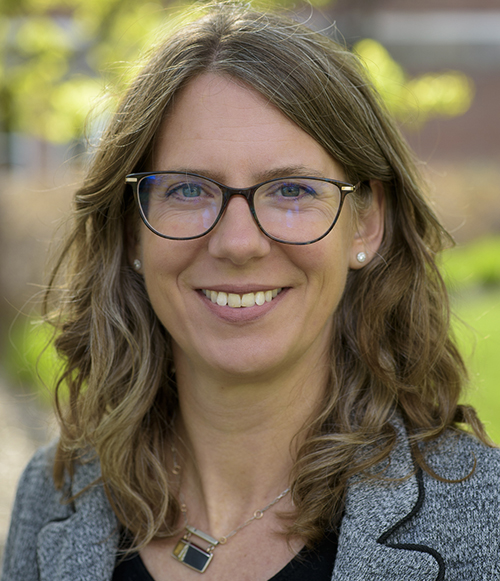
Dr. Brooke Ingersoll Named the 2023 Undergraduate Research Faculty Mentor of the Year
April 30, 2023 - Shelly DeJong
Congratulations to Dr. Brooke Ingersoll, a clinical psychologist, on receiving the 2023 Undergraduate Research Faculty Mentor of the Year Award for Michigan State University. This award is presented annually and recognizes faculty who have demonstrated an outstanding commitment to mentoring undergraduate researchers.
Women's Leadership Institute hosts successful 'Women Revolutionizing the Future of the Workplace' forum
April 26, 2023 - Emily Jodway
The Women’s Leadership Institute held its spring 2023 forum on April 20 at the Kellogg Hotel and Conference Center. The event brought together a diverse group of women leaders working at the forefront of their fields to discuss change and equity across various sectors, how women can use their voices and advocate for their own success and discover their role in the future workplace.
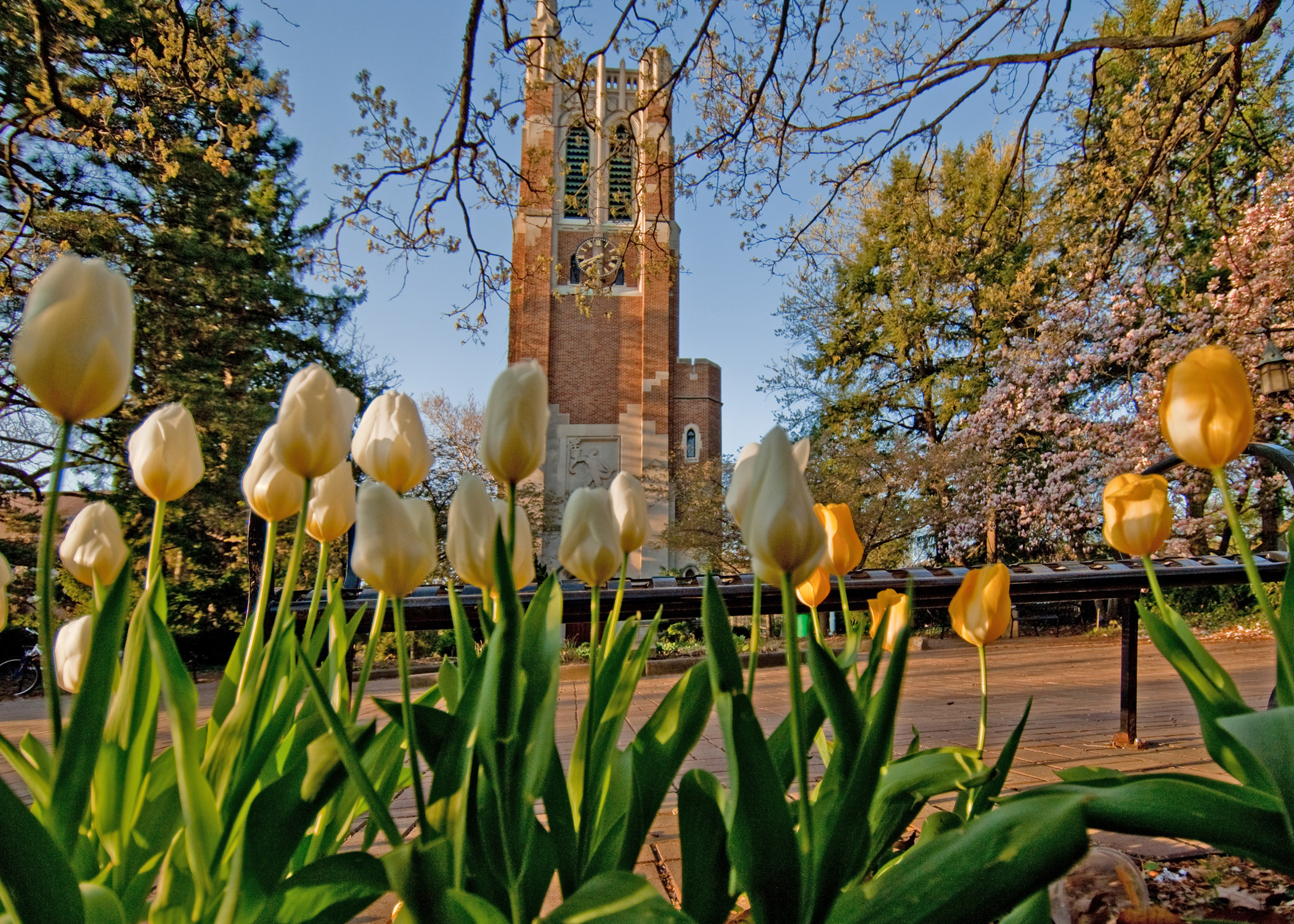
MSU administration recognizes 2023 College of Social Science graduates with perfect 4.0s
April 26, 2023 - Emily Jodway
A total of 35 students in the College of Social Science were among a record-breaking 206 Michigan State University students that will graduate with a 4.0 GPA, the highest scholastic average. The students were recognized by the MSU Board of Trustees with the Trustees' Award for Academic Excellence.
Social Science professor awarded a US Scholars Fulbright Fellowship
April 26, 2023 - Becky Jensen
Fayyaz Hussain, Associate Professor of Integrated Studies in the College of Social Science at Michigan State University has been awarded a US Scholars Fulbright Fellowship for the 2023-24 academic year. Under this fellowship, Hussain will spend four months in Pakistan working on special teaching and research assignments.
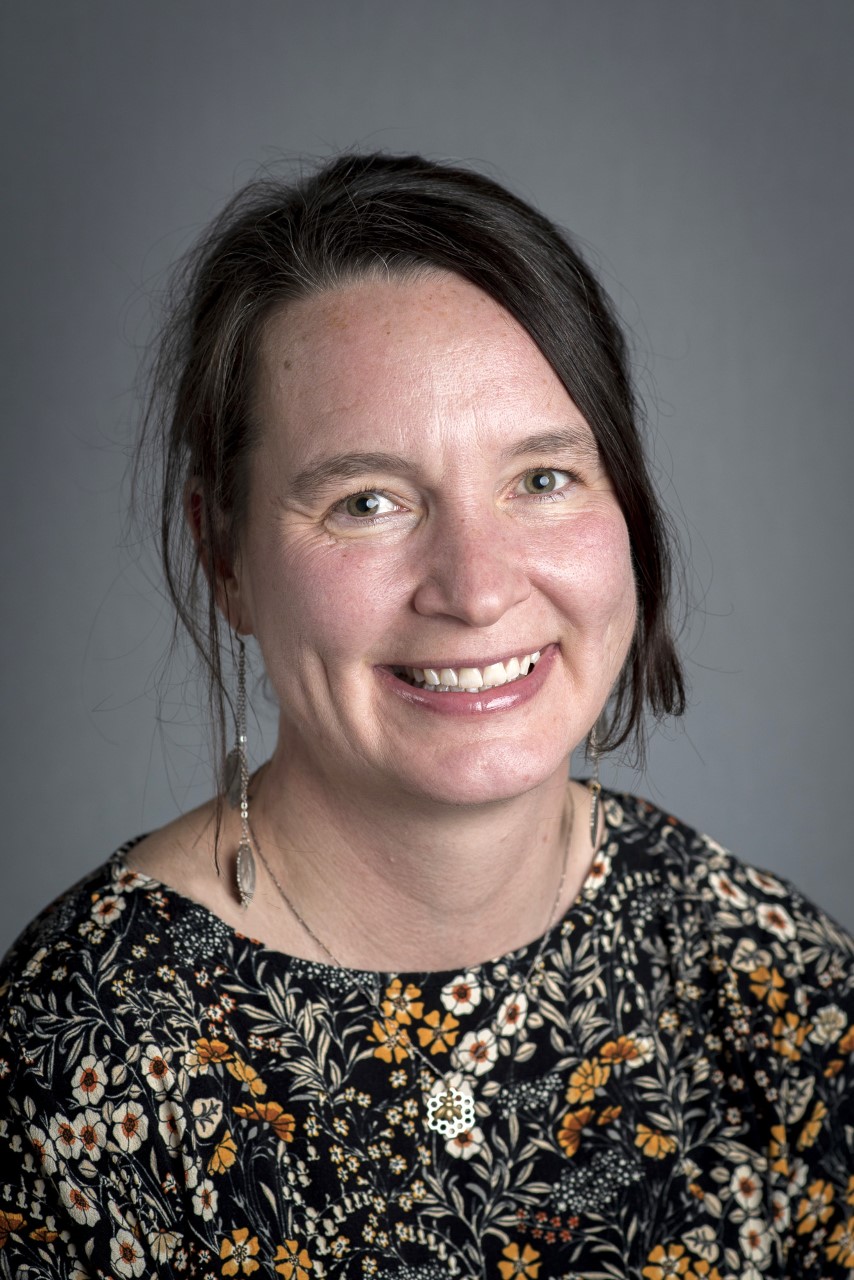
Dr. Brandy Ellison receives outstanding faculty award
April 23, 2023 - Emily Jodway
While the classroom is meant to be a place where a group of students learn from their instructor, typically someone with a vast array of knowledge in the area they are teaching, Dr. Brandy Ellison never wants her students to feel nervous or intimidated by her or that their opinions mean any less. This idea of ‘humanizing’ the classroom is something that Dr. Ellison frequently discussed when describing her approach to teaching Integrative Studies in Social Science.
Attention and Memory: Insights from Dr. Susan Ravizza's Research
April 22, 2023 - Shelly DeJong
Professor Susan Ravizza, a cognitive neuroscientist at MSU, has devoted her career to exploring working memory, attention, and cognitive control. Dr. Ravizza has always been interested in how people think. Even as an undergraduate, she was known for her talent for finding misplaced books in the library where she worked.

Jessie Greatorex prepares to give this year's College of Social Science student commencement speech
April 20, 2023 - Emily Jodway
Having experienced all the ups and downs of a tumultuous four years on campus and coming away from it all with a positive attitude and her love for Michigan State intact, Jessie Greatorex knew she would be a perfect fit to give the student speech at the 2023 College of Social Science Undergraduate Commencement Ceremony.
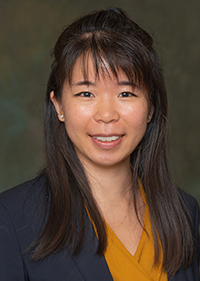
Study Finds Early Childhood Reinforcement May Contribute to Women’s Underrepresentation in STEM Fields
April 18, 2023
According to the American Association of University Women (AAUW), women make up only 28% of the workforce in science, technology, engineering and math (STEM). According to a new study from Michigan State University published in the journal American Economic Association Papers & Proceedings, one source of this gap may arise in early childhood. The authors argue that women may be more likely to develop an early interest in non-STEM fields.
Youth Equity Project announces 2023 seed grant award winners
April 17, 2023 - Emily Jodway
Research surrounding the struggles of marginalized youth and how they can be supported throughout adolescence continues to be at the forefront of the MSU Youth Equity Project’s mission. Faculty and graduate students from departments across the College of Social Science are continually working together to promote justice, equity, wellbeing and systemic social change among this group. Two outstanding researchers affiliated with the organization, Dr. Caitlin Cavanaugh and Youchuan Zhang, were named the winners of the inaugural MSU Youth Equity Project Faculty and Graduate Student Seed Grants.
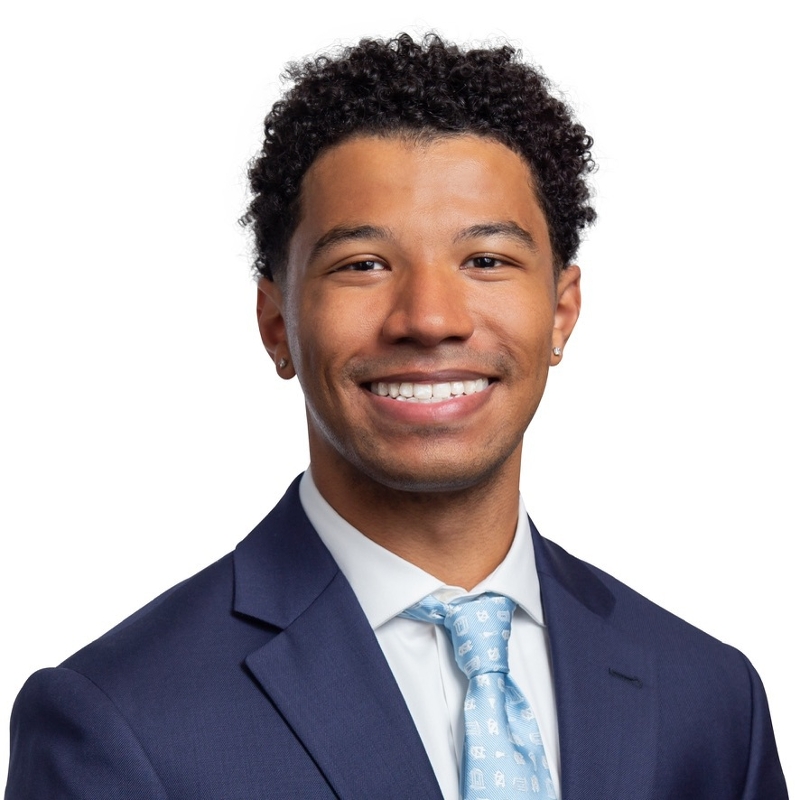
Psych grad student named National Science Foundation Graduate Research Fellow
April 17, 2023 - Shelly DeJong
Kenan Sayers, an MSU Clinical Science graduate student, has been selected for the National Science Foundation Graduate Research Fellowship Program (GRFP). Sayers is one of twenty-four undergraduates, graduate students, and alumni from Michigan State University to have been selected.
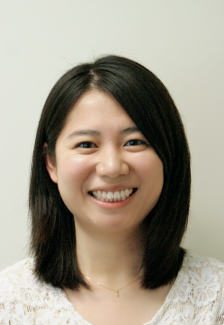
MSU researcher Dr. Yijie Wang publishes study on how sleep helps youth with adverse racial and ethnic victimization
April 12, 2023 - Katie Frey
This study shows that sleep can help protect a youth’s school engagement from being affected by experiences of ethnic and racial victimization in multiple ways. First of all, being able to sleep longer and fall asleep faster on the same day when victimization happens helps youth of color recover from these experiences and helps them maintain their level of school engagement the following day. Additionally, as more of a preventative measure, sleeping longer on the night before encountering victimization also helps youth of color be better prepared to recover from these experiences.
MSU’s newly formed Youth Equity Project is Working to Reduce Disparities
April 11, 2023 - Emily Jodway
Michigan State University is surrounded by a wealth of diverse and flourishing neighborhoods in East Lansing, Lansing and beyond that enrich the university and campus life while also giving opportunities for research and collaboration with the community as a whole. One such group conducting research in greater Lansing, Flint, Detroit and surrounding areas is the MSU Youth Equity Project led by Dr. Emilie Smith.

MSU Geography alum details war’s potential toxic impact on Ukrainian farmland
April 10, 2023 - Diane Huhn
Michigan State University Geography alum Professor Joseph Hupy, a digital soil geomorphologist now at Purdue University, has spent considerable time studying similar impacts in other areas. He recently sat down with National Public Radio's (NPR) Michel Martin on an episode of All Things Considered to discuss how recent soil tests on farmland and forests in Ukraine have revealed high concentrations of toxins such as mercury, arsenic, and other pollutants. These contaminants are assumed to be the byproducts of the war, and experts believe they may impact these lands for many years.
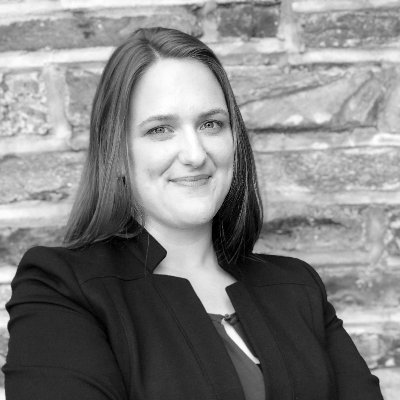
Teen friendships have lasting consequences on depression, success as an adult
April 10, 2023 - Karessa Weir
Department of Sociology faculty Dr. Molly Copeland's most recent research, published in Social Science & Medicine, shows that teen friendships can have lasting consequences for mental health, decades later, in individuals' mid 30s to early 40s. “Pathways from peers to mental health: Adolescent networks, role attainment, and adult depressive symptoms” was co written with Dr. Christina Kamis (University of Wisconsin-Madison) and Gabriel Varela (Duke University). The team used national survey data to track the impact of popularity and social ties in grades 7-12 on depressive symptoms in adults in their 30s and 40s. They found that the more popular and connected teens are, the more likely they are to be married, residentially independent, employed and educated.
MSU study confirms: 1 in 5 adults don’t want children –– and they don’t regret it later
April 4, 2023 - Kim Ward
Last summer, researchers at Michigan State University reported that one in five Michigan adults, or about 1.7 million people, don’t want children and therefore are child-free. Although that number was surprisingly large to many data has now been confirmed in a follow-up study. “We found that 20.9% of adults in Michigan do not want children, which closely matches our earlier estimate of 21.6%, and means that over 1.6 million people in Michigan are child-free,” said Jennifer Watling Neal, MSU professor of psychology and co-author of the study. “Michigan is demographically similar to the United States as a whole, so this could mean 50 million to 60 million Americans are child-free.”
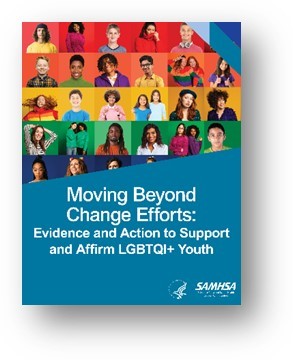
Landmark Report on Supporting and Affirming LGBTQI+ Youth Includes Expertise of MSU Psychologist
April 3, 2023 - Shelly DeJong
On Transgender Day of Visibility, the Substance Abuse and Mental Health Services Administration (SAMHSA) released a report with the latest scientific research on supporting the mental health of LGBTQI+ youth. The report was developed by a team of professional experts, including Dr. Robin Lin Miller, an ecological-community psychologist at MSU, who provided evidence reviews on conversion therapy. A corresponding Fact Sheet released by the White House said that this landmark report provides “new resources to parents, teachers, and mental health providers so they can use evidence-based practices to affirm and support transgender and LGBTQI+ youth and their families.”
Six Recommendations for Reducing Healthcare Barriers for Transgender Patients
March 30, 2023 - Kye Campbell-Fox, Shelly DeJong
Transgender and gender diverse (TGD) people face unique barriers in accessing mental and physical healthcare, such as unknowledgeable providers, minority stress and discrimination, and financial barriers. These barriers are compounded for individuals experiencing multiple types of minority stressors, particularly TGD people of color. These barriers are a major issue for TGD people in accessing healthcare and can result in negative consequences, such as delayed care, not accessing healthcare at all, or fear and anxiety about accessing healthcare.
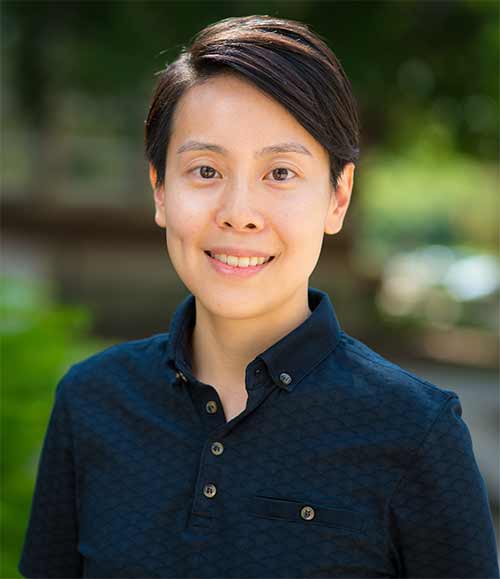
Sociology faculty Dr. Ning Hsieh awarded National Institutes of Health grant
March 22, 2023 - Karessa Weir
Dr. Ning Hsieh received the two-year RO3 grant worth $100,000 to support their work on primary care disparities among sexual and gender minorities. Their project is titled: "Understanding primary care utilization and barriers to care among sexual and racial/ethnic minority populations."
Paper by MSU PLS professor cited by President Biden
March 21, 2023 - Karessa Weir
A paper in the Journal of Public Policy by Associate Professor Nazita Lajevardi was cited in President Joe Biden’s 2023 Economic Report.
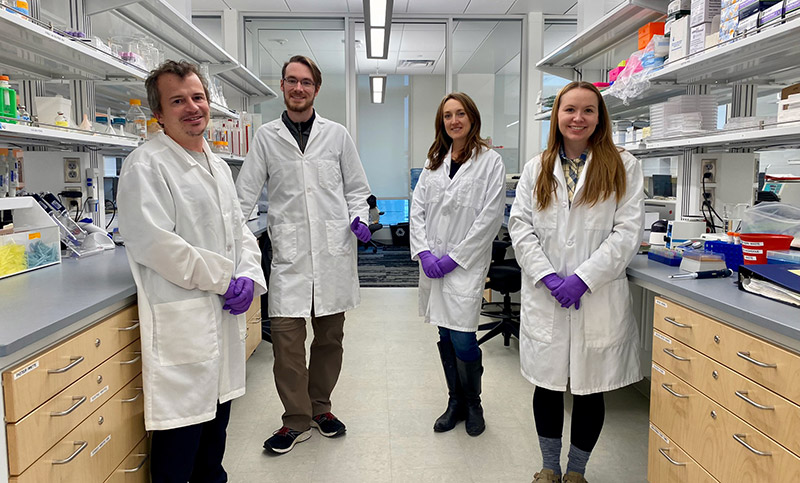
A Taste of Neuroscience at the MSU Science Festival
March 21, 2023 - Jenna Lee
The 11th annual MSU Science Festival, a celebration of science, kicks off April 1 & 2 with STEAM Expo Days. This free event encourages community members of all ages to engage in scientific wonder across a variety of disciplines of science. This will include representation from MSU Social Sciences, discussing topics of Psychology.
MSU researchers to lead $1.7M NASA grant to study urban-rural resiliency in Southeast Asia
March 20, 2023 - Diane Huhn
In a new $1.7M grant from the National Aeronautics and Space Administration (NASA), researchers at the Center for Global Change and Earth Observations (CGCEO) at Michigan State University will work to improve landscape sustainability and resilience in response to climate extremes and other challenges in Southeast Asia.
Black, Indigenous, Hispanic communities see less of a return on investment for water infrastructure, MSU Sociology research finds
March 20, 2023 - Karessa Weir
A new wide-ranging research paper “The ethnically and racially uneven role of water infrastructure spending in rural economic development,” by Drs. Stephen Gasteyer (MSU Sociology) and J. Tom Mueller (University of Oklahoma), has been published in the journal Nature Water. It has been proven that local government spending on water and sewer infrastructure can lead to a return on investment in terms of economic development on a scale of 1:5 - for every $1 invested in water, $5 is returned in the form of economic development in the community. However, that does not happen in minoritized communities. In fact, the benefits of investment decrease as counties become more Latinx, Indigenous or Black.
Dr. Emilie Smith honored as Journal for Research on Adolescence Highly Cited Author
March 14, 2023 - Emily Jodway
The Journal for Research on Adolescence announced that Dr. Emilie Smith’s recent published work was one of the journal’s top cited papers in 2021-22. Smith is a professor in Human Development and Family Studies (HDFS) and Director of the Youth Equity Project whose research mainly focuses on community-engaged methods for prioritizing youth development, especially among minoritized groups.
Interacting with social media and the news after trauma
February 23, 2023 - Shelly DeJong
Dr. NiCole Buchanan is a professor of ecological-community psychology at MSU and the Clinical Director and Founder of Alliance Psychological Associates, PLLC in East Lansing, MI. As a scholar and a clinician, Dr. Buchanan shared advice on how the MSU community and those who have experienced a traumatic event can stay informed while also protecting their mental health.
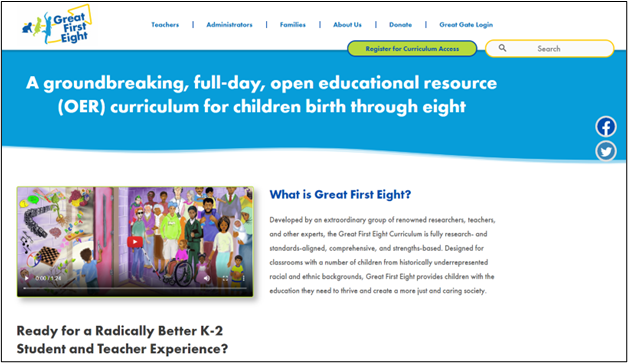
MSU Department of Human Development and Family Studies team develop new, first-of-its-kind curriculum for children
February 14, 2023 - Katie Nicpon
A team of faculty and graduate students from the Michigan State University Department of Human Development and Family Studies are working with a multi-university team to develop a new curriculum called Great First Eight for children ages birth through eight years old. The curriculum can be used in elementary schools, childcare programs, preschools, and home-based early care and education, and it meets the need for innovative, cohesive, and representative learning experiences throughout early childhood.
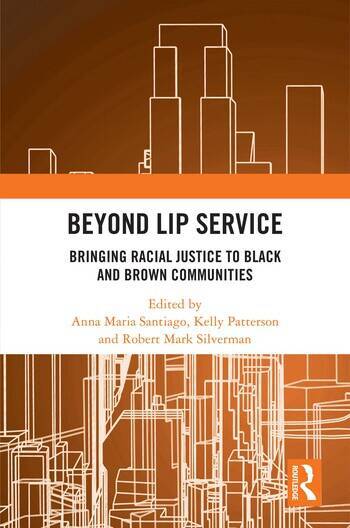
From platitudes to plans: School of Social Work professor seeks to create actionable change in preventing police violence and social injustices within Black and Brown communities
February 13, 2023 - Brandon Drain
Anna Maria Santiago is releasing a new book on February 28, 2023, titled, “Beyond Lip Service: Bringing Justice to Black and Brown Communities.” This book serves to examine the complicity within the field of social work has had in systemic racism and to propose new strategies to dismantle institutionalized racism.
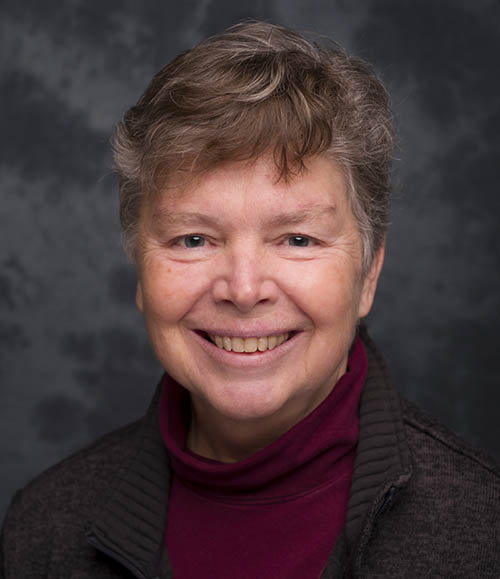
Community Psychology research impacting policy and practice for survivors of domestic violence
February 13, 2023 - Shelly DeJong
This month, Dr. Cris Sullivan, a professor of ecological-community psychology at MSU, and a team of collaborators from the Washington State Coalition Against Domestic Violence (WSCADV) will be traveling to Washington DC to meet with federal agencies and policymakers with their findings from a multi-year study on domestic violence and homelessness.
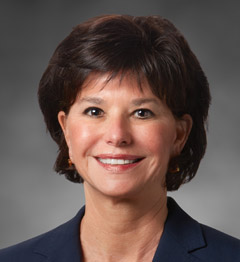
MSU alumna and WLI board member continues life of service as President of E.W Sparrow Hospital
February 8, 2023 - Emily Jodway
Sparrow Health Systems President and CEO James Dover announced Wednesday the hiring of Michigan State University alumna Margaret Dimond as the next President of the E.W Sparrow Hospital in Lansing.
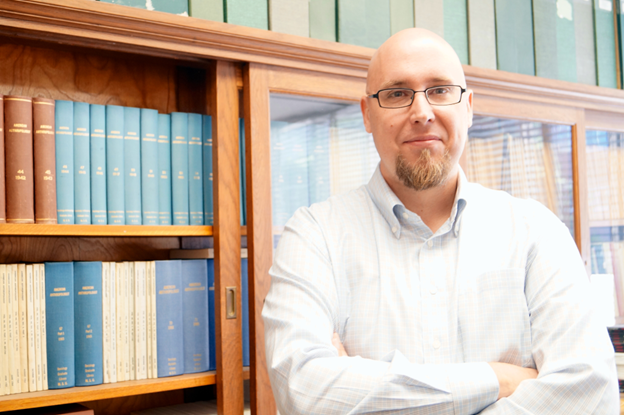
Society of Antiquaries elects first MSU professor, anthropology faculty Dr. Ethan Watrall as fellow
February 7, 2023 - Katie Nicpon
The Society of Antiquaries elected Dr. Ethan Watrall, associate professor in the Michigan State University Department of Anthropology, as a fellow. The Society of Antiquaries was founded in 1707, and represents the oldest learned and prominent scholarly society focusing on heritage and archaeology.
Online Master's in Criminal Justice program ranked 6th in Nation
January 27, 2023 - JJ Thomas
The School of Criminal Justice’s Online Master's Program in Criminal Justice has been ranked 6th in the Nation by US News & World Report. This marks the 7th year in a row that our program has been listed in the Top 10.
Canceling plans with a friend? MSU research says don’t lie
January 26, 2023 - Kim Ward
You’ve made plans to meet up with a good friend in a few hours, but now all you want to do is go home, change into sweats and binge-watch “Game of Thrones.” What do you say to your friend? Will they be upset? New research from Michigan State University found that the worst thing you can do is lie about your reason for canceling — indicating that how cancellations are made may be more important than whether cancellations are made.
New Study: Disordered Eating is No Longer a Disease of Affluent Girls
January 26, 2023 - Shelly DeJong
Traditionally, stereotypes around eating disorders imply that it predominantly impacts girls from wealthy backgrounds. A new study from Michigan State University found that boys living in disadvantaged circumstances are at an increased risk for disordered eating; particularly if they have underlying genetic risk factors.
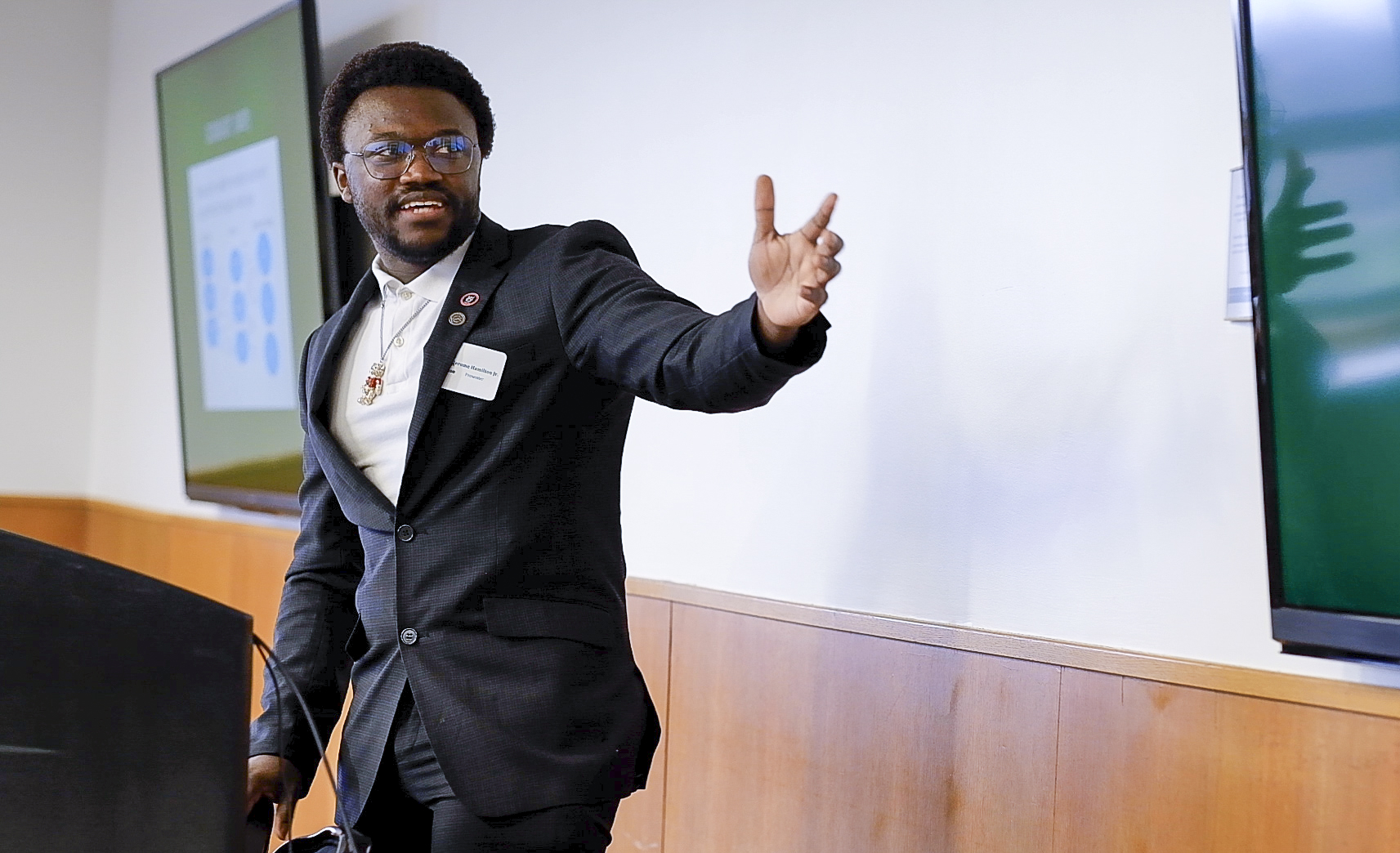
Social Science Scholars find success at Diversity Research Showcase
January 26, 2023 - Emily Jodway
Five students from the College of Social Science Scholars Program earned first and third-place prizes for their research presented at the annual Honors College Diversity in Research Showcase on January 13.
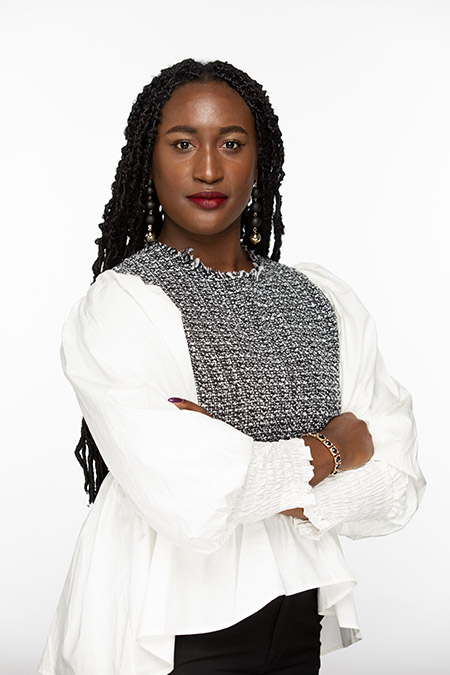
Dean's Research Associate: Kendall Morris
January 25, 2023 - Brandon Drain
Kendall Morris is a College of Social Science Dean’s Research Associate whose focus is on community violence and trauma in Black neighborhoods. She is a part of a team of researchers who were recently funded by the College as part of the Strategic Partnership Grants Program to improve understanding of community-based violence reduction and neighborhood safety.

Dean's Research Associate: Ampson Hagan
January 25, 2023 - Katie Nicpon
Dr. Hagan’s research interests surround humanitarianism and rescue, broadly focusing on how Black African migrants crossing the Sahara Desert encounter and navigate the humanitarian and policing nexus that seeks to intercept them.
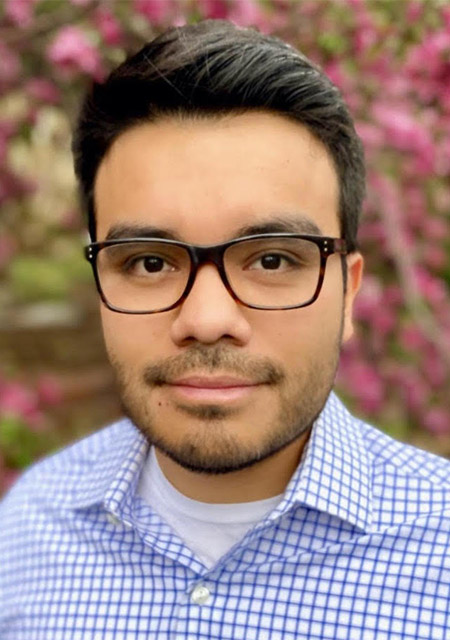
Dean's Research Associate: Rene Crespin
January 25, 2023 - Katie Nicpon
Dr. Crespin’s research interests lie at the intersection of education, public and labor economics. He has developed a research portfolio focused on applying tools of causal inference and data science to examine levers that lessen or exacerbate inequality, such as education and immigration policies.
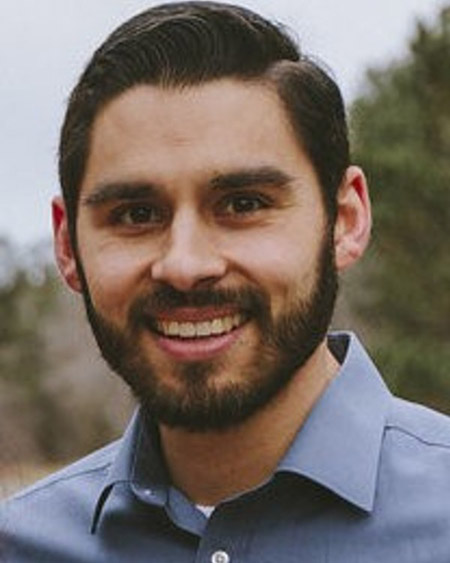
Dean's Research Associate: Raúl Rodriguez
January 25, 2023 - Karessa Weir
Dean's Research Associate Raúl Rodríguez has joined the MSU Department of Political Science from the School of Civic and Economic Thought and Leadership at Arizona State University. An alum of "Teach for America," Raúl earned his PhD through the University of Notre Dame. His research focuses on American liberal democracy and the teachings of French political philosopher Alexis de Tocqueville.

Young people needed in the coffee industry – new collaborative report co-authored by MSU economics professor shows
January 24, 2023 - Katie Nicpon
Youth are the most needed innovation the coffee industry needs, shows a new report co-authored by Dr. Leonidas Murembya, assistant professor in the MSU Department of Economics. Dr. Murembya, together with colleagues from the MSU departments of Agriculture, Food, and Resources Economics (AFRE) and International Studies and Programs, and Food Science and Human Nutrition (FSHN), produced the 2021 Coffee Development Report titled, "The Future of Coffee: Investing in Youth for a Resilient and Sustainable Coffee Sector,” with funding from the International Coffee Organization and the German Federal Ministry for Economic Cooperation and Development.
Hey Siri, it’s time to understand the stuttering community!
January 19, 2023 - Shelly DeJong
A multidisciplinary team from Michigan State University and Western Michigan University has received a $750,000 grant through the National Science Foundation’s Convergence Accelerator program to make voice-activated AI accessible and fair to people who stutter.
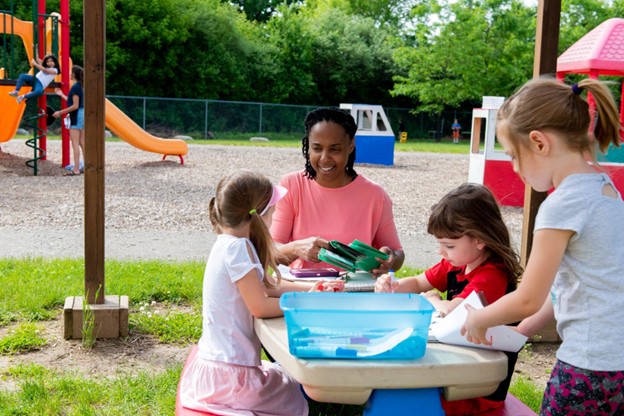
MSU Child Development Laboratories to add new Lansing area location after receiving $2 million in federal funding
January 18, 2023 - Katie Nicpon
The MSU Child Development Laboratories (CDL) will receive over $2 million in federal funding to expand its reach to serve underrepresented populations in the Lansing community.
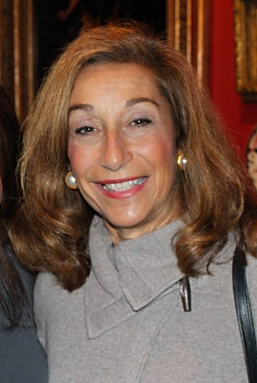
Finding the Balance Between Family and Career: Ann Raider Highlights the Importance of Male Allies in Workplace Equity
January 17, 2023 - Emily Jodway
For Ann Raider, failure has never been an option. The highly successful businesswoman and mother has let passion and drive carry her through the many successes and difficulties of life, including running a multi-million-dollar company while balancing being a single mother to two young boys.
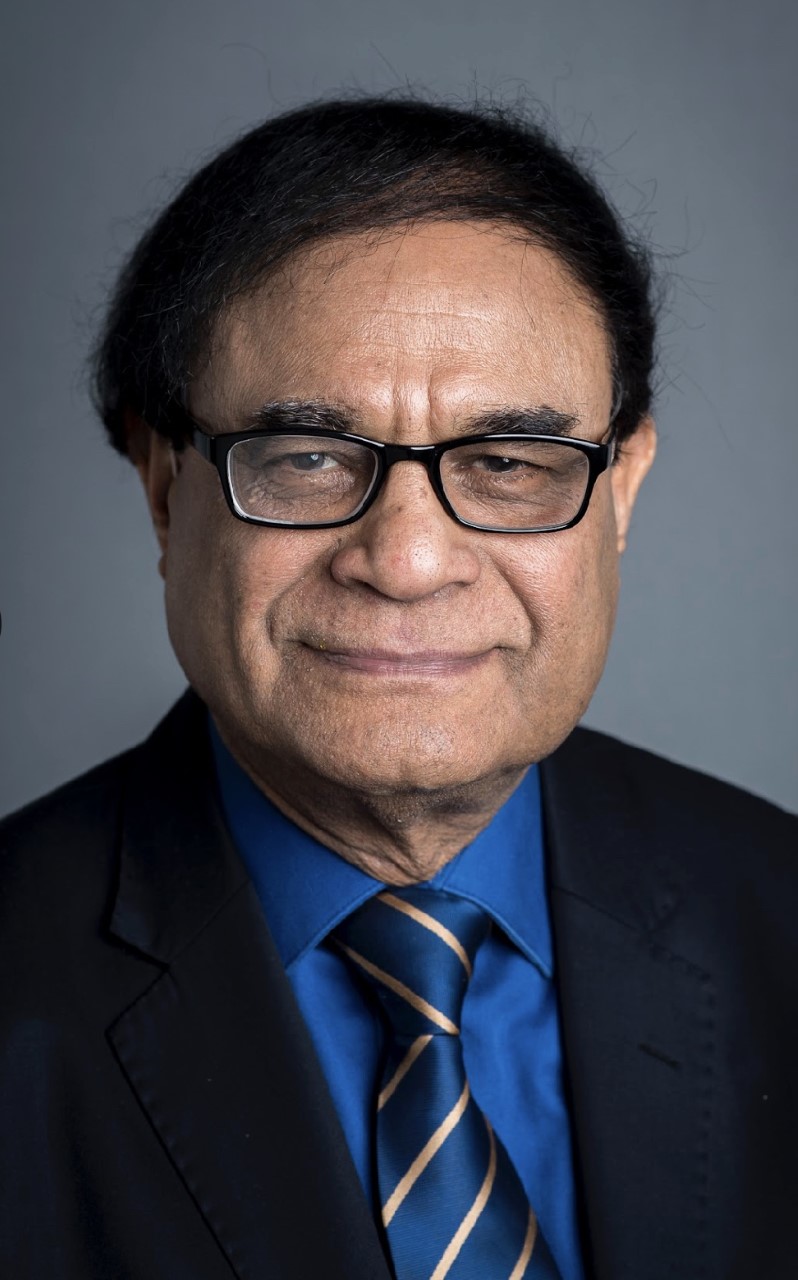
ISS Professor Dr. Fayyaz Hussain gives keynote address at First Annual Conference on Philosophy of Social Sciences
January 17, 2023 - Emily Jodway
On December 20, 2022, MSU Integrative Studies in Social Science professor Dr. Fayyaz Hussain had the opportunity to present and speak at the First Annual Conference on Philosophy of Social Sciences, held at Pir Mehr Ali Shah Arid Agriculture University (PMAS-Arid) in Rawalpindi, Pakistan.
Two History faculty members receive major fellowships from the National Endowment for the Humanities
January 12, 2023 - Jennifer Desloover
Professors Edward Murphy and David Wheat have each received grants from the National Endowment for the Humanities to support their ongoing research in Latin American history.

